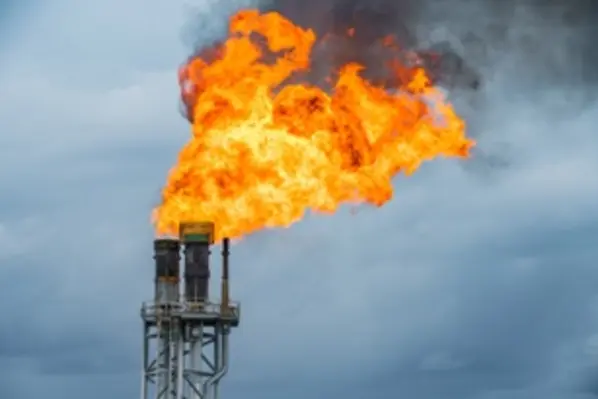Expro has been awarded funding for two carbon reduction projects as part of an innovation programme to accelerate clean energy production and close the gap in net zero technologies
The Aberdeen-based Net Zero Technology Centre (NZTC) has awarded a total of £8mn (US$9mn) to fund net zero technologies as part of their 2022 Open Innovation Program. The 20 winning technologies fall into seven focus areas. The technologies faced a rigorous selection process, ensuring each supports the transition towards net zero, with an obligation of trialling and deploying the technology within the UK Continental Shelf.
Expro secured both projects awarded in the Venting and Flaring category. They focus on real-time flare emissions measurement and control; and a unique technological solution to enable well testing to be conducted without the need for flaring. Both projects build on the company’s existing capabilities to promote more measured and efficient means of flaring, and to offer alternatives to traditional flaring, in support of operators’ carbon-reducing commitments.
The NZTC believes the 20 successful technology projects will deliver £7.8bn (US$8.7bn) Gross Value Added along with an impact of 3.1Mt CO2e annually.
Expro’s chief technology officer, Steve Russell, said, “We are delighted to receive the recognition and funding in this programme to help further develop these technological solutions that will play a part in accelerating the industry’s journey to net zero.
“Technology is a critical component in energy transition progression, as are collaboration and partnership to achieve our collective goals. We are committed to addressing our own and the industry’s effects on the planet, and this includes working with clients around the world to develop and implement solutions to reduce emissions from non-essential flaring.”
In the Middle East, Expro recently supported a customer to reduce gas flaring and optimise production at 10 production sites. Expro undertook a detailed study to find an economic alternative to flaring. The solution was to use gas to power compressors, which were delivered, installed, and commissioned within 32 weeks. The fast-track project was estimated to reduce greenhouse gas (GHG) emissions by up to 10,000 tonnes of CO2e per day. Using the compressors also reduced operational expenditure while optimising production and extending field life.






